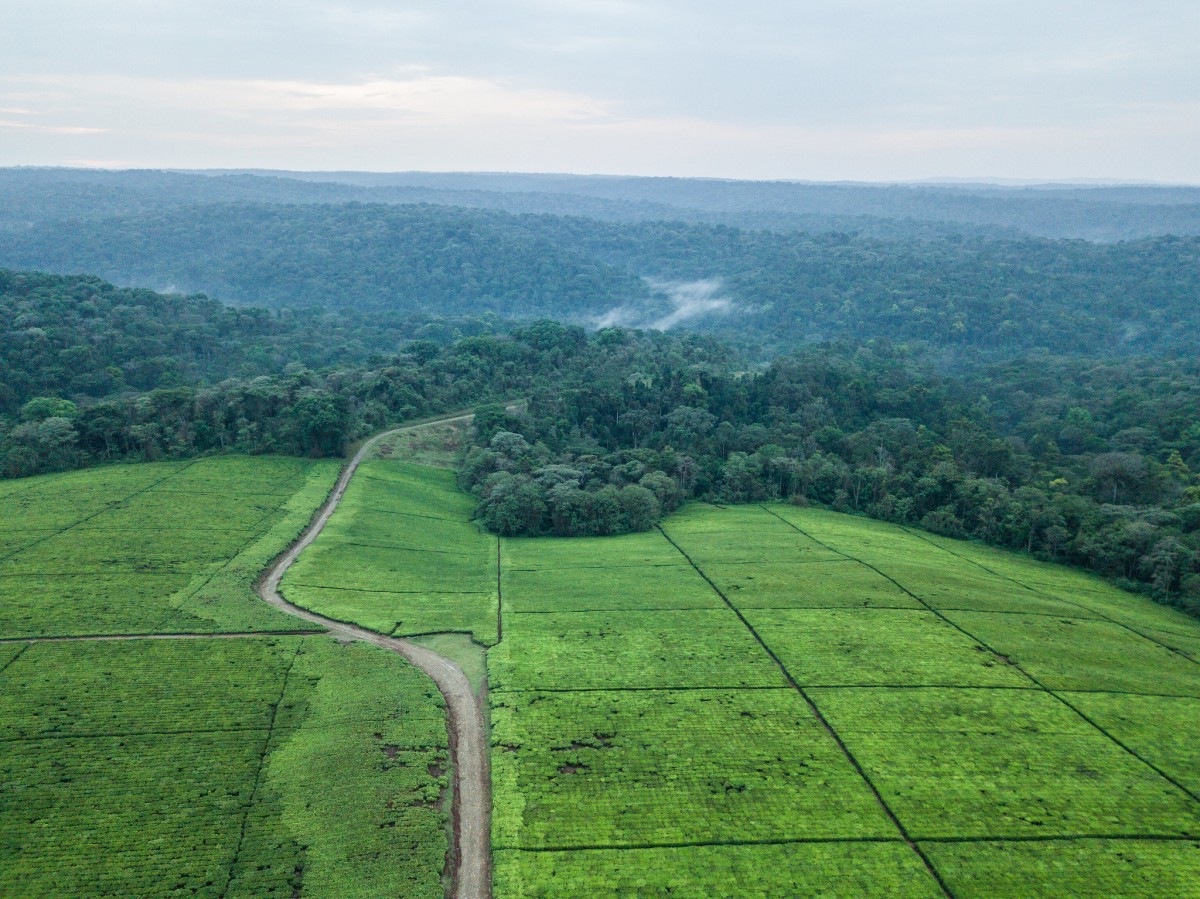Theme 1: How can secure land rights benefit climate action?
According to the World Bank, half of all climate actions are linked to land, including mitigation actions and infrastructure related to adaptation requiring land use changes and yielding both opportunity and risk for indigenous communities. Insecure, fragmented and disputed land tenure can frustrate the goals of policy and programmes addressing climate mitigation and adaptation. Equally importantly, communities can suffer displacement and injustice due to lack of recognition of customary tenure, occupancy and land rights. Furthermore, inequalities in land systems lead to marginalisation of women, vulnerable and minoritised sections of communities in debates and decisions around climate risk. This session will consider the complex intersection between climate change, climate justice and land tenure and welcomes papers addressing socially just and sustainable land initiatives.
Theme 2: How can we maintain effective land systems within zones of conflict and land dispute?
Many social, political and economic factors can give rise to conflicts that impact on land. Issues such as tribal and ethnic issues, historical and legacy issues, issues to do with political parties and political polarisation to population growth and land scarcity and degradation issues create conditions for land-conflict. It takes different formulas depending on the parties involved in the conflict as well as the value of the land for both of them. The conflict could be between individuals such as siblings “based on gender issues”, between groups of local people “tribes”, subnational conflict “between political parties”, national conflict “between government and local people”, and even between different nations. Any type of conflict on land that takes place within a wider conflict context, becomes multilayered, and needs different actions for interventions on various levels. This session welcomes papers that share understanding on how parties involved in land disputes in conflict contexts, globally over history, reach resolution & identify local/national /international actions that enhance land dispute resolution?
Theme 3: How can effective land administration increase transparency and what are the benefits?
Real estate with a total global value of $379.7 trillion is key to the world’s economy. For individuals, housing and land often represent the single most valuable and important assets they will ever possess. Security of title, low transaction costs, transparency, access to finance and strong governance are all critical for market functioning. In the past, much of this is predicated on transparent governance and appropriate legal and financial systems in place. Well-functioning land administration systems with registered real estate and secure and transparent systems for managing transactions are key bulwarks against corruption and to promote equity. In many countries, real estate markets operate quasi-informally with unregistered real estate, limited tenure security, low level of transparency, restricted asses to finance, low levels of received taxation, and limited market depth. How can real estate markets serve the needs of citizens in an equitable manner and provide services required by society? What is the role of effective land administration systems in increasing transparency and reducing corruption? To what extent property identification and registration are necessary for such markets? What is the role of large-scale investors and governments?
Theme 4: Early Career Professionals and Junior Researchers – Innovations in Land Research and Practice
This is an open session to encourage early career professionals and junior researchers to present contributions under the theme of innovations in land research and practice of relevance to the land community. Hence, we welcome presentations on both completed and work-in-progress projects and research. Early career professionals and junior researchers will get a chance to present and get feedback on their work from other researchers and practitioners.
Deadline for abstract submission is 24 November 2024.
Event description based directly on original source.
PAST EVENT
4th International Land Management Conference
Main Organiser
Land – International Network for Knowledge
Other Events
 View all Events
View all Events

